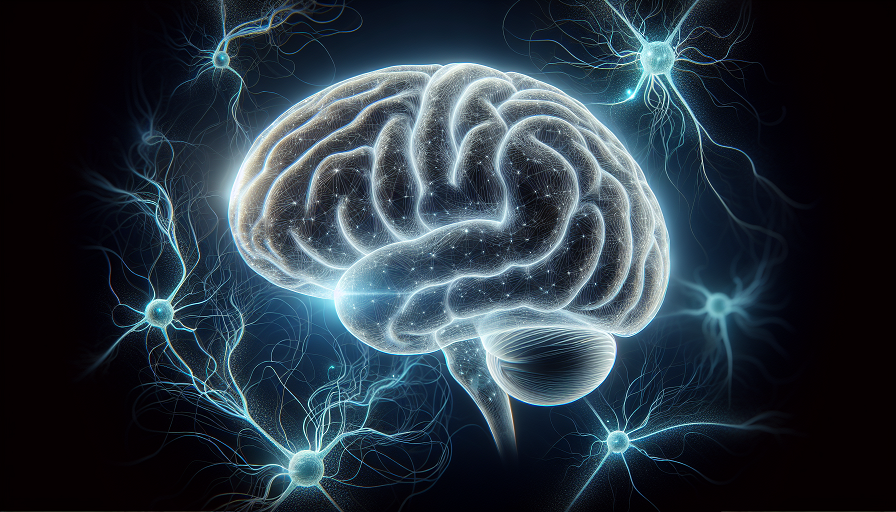
Multitasking can feel like juggling flaming torches—drop one, and the whole act falls apart. For those who want to sharpen their multitasking abilities, cognitive training has emerged as a potential tool. Often delivered through apps or structured exercises, these programs claim to boost brain function, improving everything from memory to task efficiency. But does cognitive training truly help you manage multiple tasks more effectively, or is it just a flashy distraction?
The Science Behind Brain Training Apps
Cognitive training apps like Lumosity, Elevate, and Peak offer games designed to challenge various mental processes, such as attention, working memory, and problem-solving. The logic is simple: practice makes perfect. By repeatedly engaging in tasks that mimic real-world cognitive challenges, you can strengthen neural pathways, much like lifting weights strengthens muscles.
One of the primary ways cognitive training targets multitasking is by improving attention control. Attention is a finite resource, and multitasking requires you to shift focus quickly between competing demands. Brain training exercises that involve monitoring multiple stimuli, such as tracking objects or reacting to changes in patterns, can enhance your brain’s ability to allocate attention efficiently.
Another key focus of these apps is working memory—the mental “scratchpad” that holds and manipulates information. Strong working memory is essential for multitasking because it allows you to keep track of what you were doing before switching tasks. Many brain training games challenge users to juggle multiple pieces of information, which can help improve this crucial skill over time.
However, not all cognitive training is created equal. Critics argue that some programs may lead to improvements only within the app itself, a phenomenon known as “near transfer.” For example, getting better at a specific game might not translate to real-world multitasking scenarios. That said, certain studies suggest that well-designed cognitive training programs can promote “far transfer,” where skills developed in the app enhance broader cognitive abilities, including multitasking.
Research on Neural Adaptation and Task Efficiency
Studies have provided insights into how cognitive training can influence neural adaptation and task efficiency. One notable study published in Nature investigated the effects of a multitasking game on older adults. Participants who trained on the game over four weeks showed significant improvements in their ability to juggle tasks, with some even outperforming younger adults who had no training. Brain imaging revealed increased activity in the prefrontal cortex, a region critical for attention switching and executive function.
Another study in Frontiers in Human Neuroscience explored how cognitive training impacted working memory and task efficiency. Participants engaged in targeted exercises designed to improve multitasking skills over six weeks. The results showed enhanced reaction times and reduced mental fatigue during complex tasks. This improvement was attributed to strengthened neural connections between the prefrontal cortex and parietal lobes, the areas of the brain responsible for managing attention and coordinating actions.
Real-world applications have also been studied. Research in Psychological Science examined how cognitive training influenced the multitasking abilities of air traffic controllers—a job where focus and efficiency are non-negotiable. After several weeks of training, participants demonstrated better decision-making and faster task-switching abilities under high-pressure conditions.
While these findings are promising, researchers emphasize the importance of consistency and engagement. Sporadic use of a brain training app is unlikely to yield significant results. Instead, regular and varied cognitive challenges are key to achieving meaningful improvements.
If you’re interested in incorporating cognitive training into your routine, consider these tips:
- Choose Reputable Apps: Look for programs with scientifically validated exercises, such as those used in published studies.
- Prioritize Variety: Engage in games that target different skills, like memory, attention, and problem-solving, to ensure well-rounded development.
- Set a Schedule: Commit to short, consistent sessions—15–20 minutes a day is often enough to see benefits.
- Combine with Real-World Practice: Reinforce your multitasking skills by applying them to everyday tasks, like cooking while listening to a podcast or organizing your workspace while responding to emails.
- Track Progress: Many apps offer metrics to help you monitor improvements over time, keeping you motivated.
Cognitive training offers a promising, science-backed way to enhance multitasking skills. By strengthening neural pathways, improving attention control, and boosting working memory, these programs can help make juggling tasks feel more like a practiced art and less like chaos. With the right tools and consistent effort, multitasking doesn’t have to be a mental balancing act—it can become a skill you master with ease.

